SOUTH LUANGWA
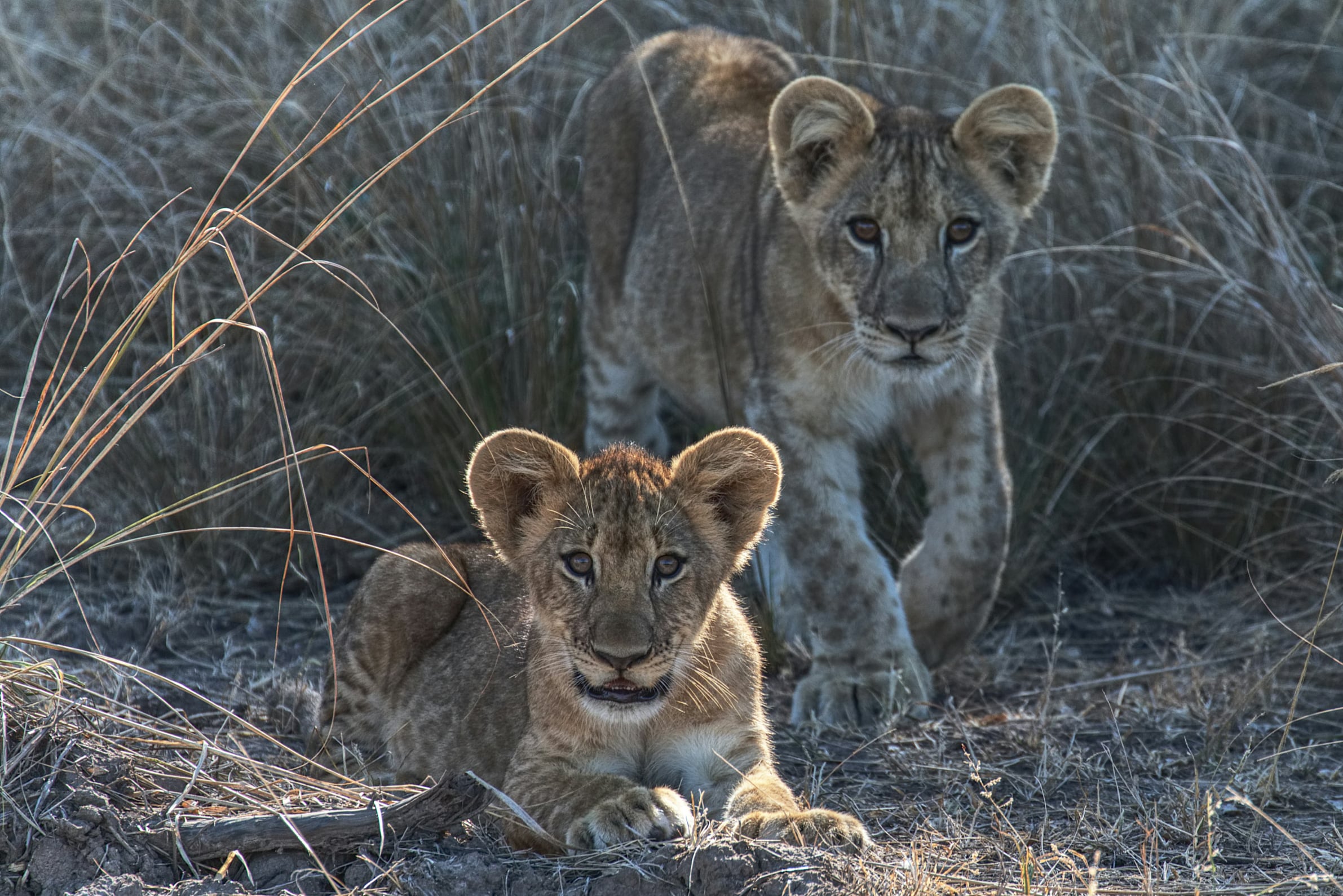
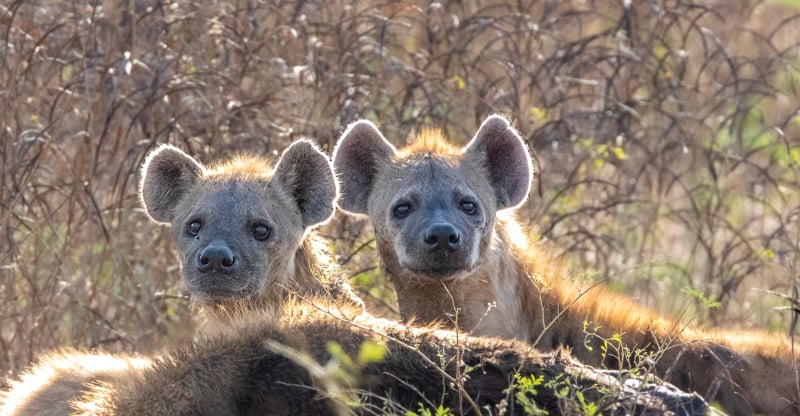


The Luangwa Valley is one of Africa’s prime wildlife sanctuaries, with concentrations and varieties of game and birdlife that have made it world famous.
This is the landscape of the ‘Real Africa’, with herds of antelope sheltering under thorn trees, or roaming the plains, predators skulking in the shadows and primal drama in every vale.
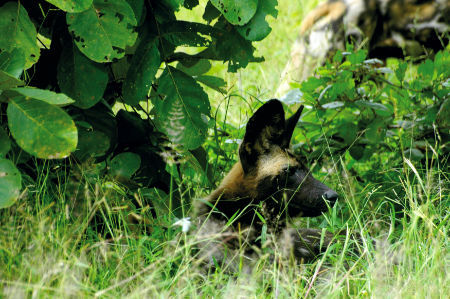
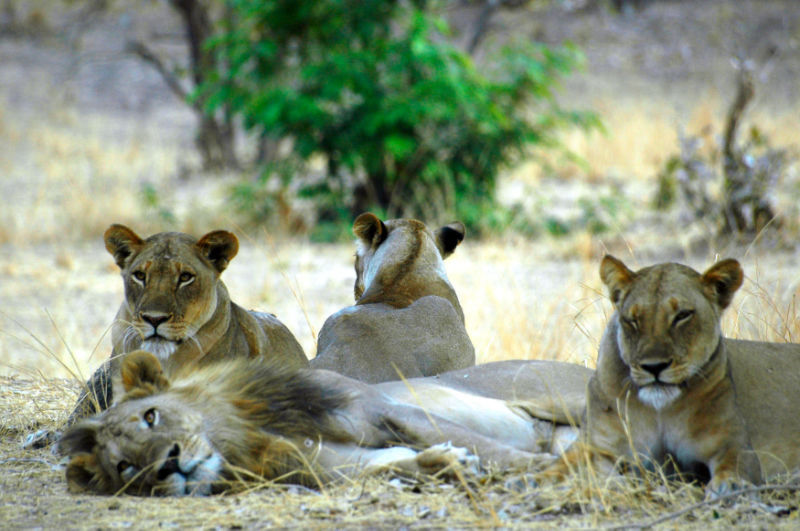
As currently there are many operators in this area, there is plenty of choice.
Most budgets or requirements can be catered for, however we must warn you:
“South Luangwa does not come on the cheap” and real backpacker accommodation is not available.
The best choice for the budget tourist would be to opt for a day visit, book a village stay or camp and arrange self-drive safaris with one of our rental vehicles.
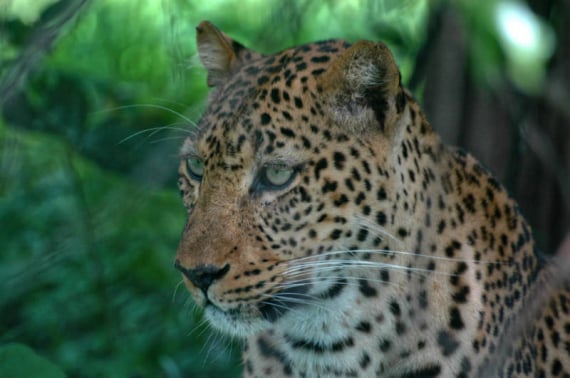
One of the reasons why South Luangwa is considered a top wildlife destination is its unique landscape. The Luangwa River runs through the park, providing water for the animals and creating a lush oasis in the middle of the African savannah. This river is a lifeline for the park's inhabitants, attracting large herds of elephants and other animals during the dry season. The park's dense vegetation also provides excellent cover for predators like lions and leopards, making it an ideal place for wildlife viewing.
The concentration of game around the Luangwa River and its ox bow lagoons is among the most intense in Africa.
One does not have to be an expert to recognise that!
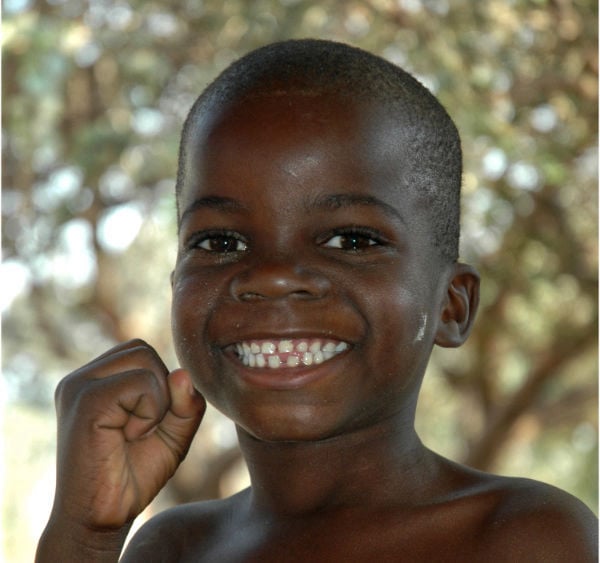
In addition to its impressive wildlife population, South Luangwa is also known for its expert guides and conservation efforts. Many safari camps and companies like Personal Touch Safaris offer guided tours led by experienced guides who are knowledgeable about the local flora and fauna.
The guides are passionate about wildlife conservation and work hard to educate visitors about the importance of protecting the park's biodiversity. We work closely with local communities to promote sustainable tourism practices and protect the natural environment for future generations.
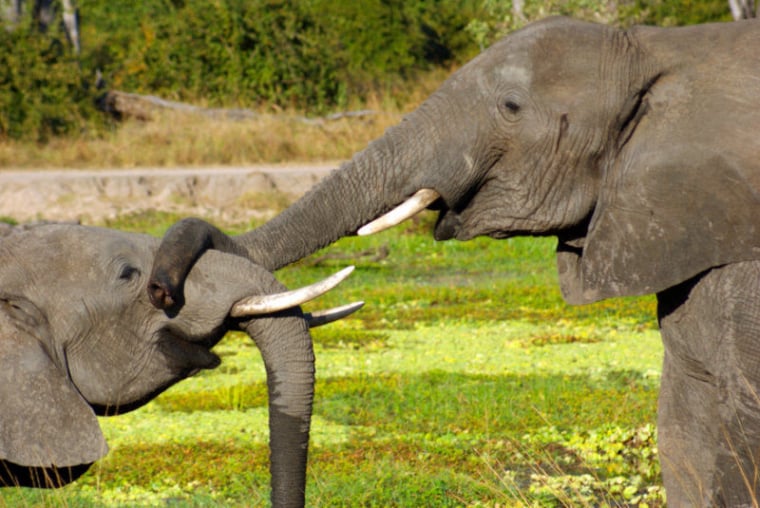
Overall, South Luangwa National Park is a true gem for wildlife enthusiasts and nature lovers. Its stunning landscapes, diverse wildlife, and commitment to conservation make it a top destination for those seeking an unforgettable safari experience.
Being fortunate enough to call this area home for over 20 years and having personal travel experience throughout Africa (and other wildlife places in the world), we can confidently say that South Luangwa is one of the greatest wildlife sanctuaries, and we encourage everyone to visit this incredible park to witness its beauty firsthand.
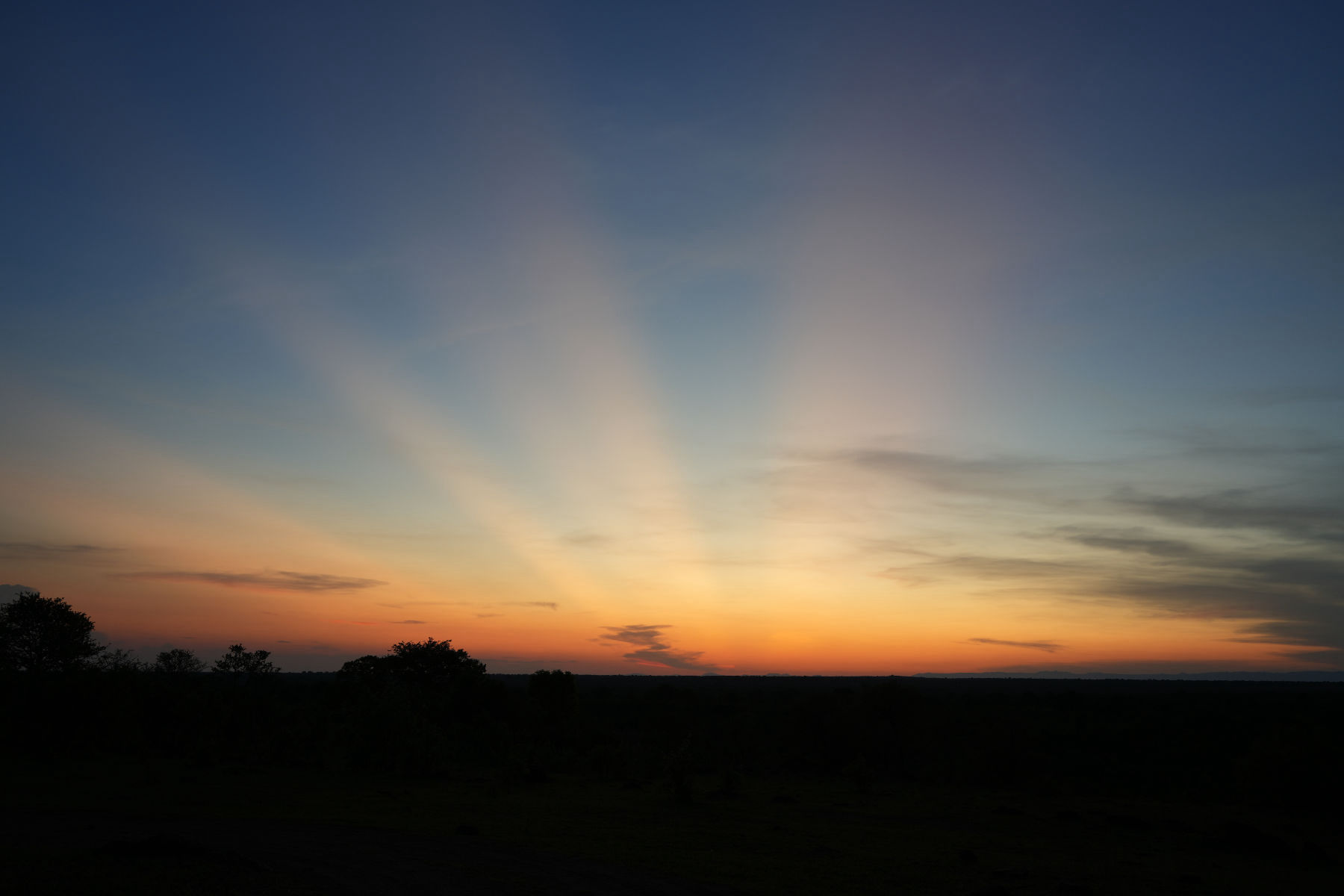
It is difficult to name just one good place to stay, as there are so many!
You can drop us an e-mail with your inquiries on any style of accommodation and we are happy to send you our references, but can also assist you with bookings and other reservations.
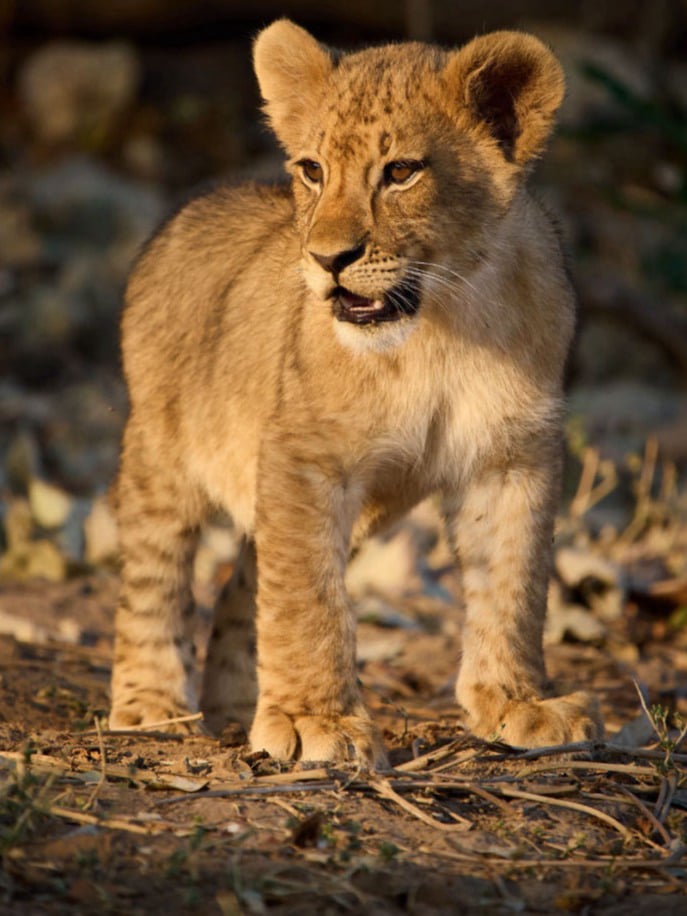
Seasonal changes are very pronounced in Luangwa.
The dry season begins in April and intensifies through to late October, the hottest and locally called suicide month, when game concentrations are at their height. Warm sunny days and chilly nights typify the dry winter months, from May to August. The bush turns more dull, which makes it easier to see animals.
The choice is really yours
The wet or emerald season begins mostly in November/December as the leaves turn green, and the dry bleak terrain becomes a lush jungle. The rainy season lasts up until the end of March and the migrant birds arrive in droves. Each lodge stays open for as long as access is possible, depending on its location in the area. The bush really is rejuvenating itself and you see several "youngsters" fooling around. Sunny days are complemented by dramatic skies just before an afternoon storm.
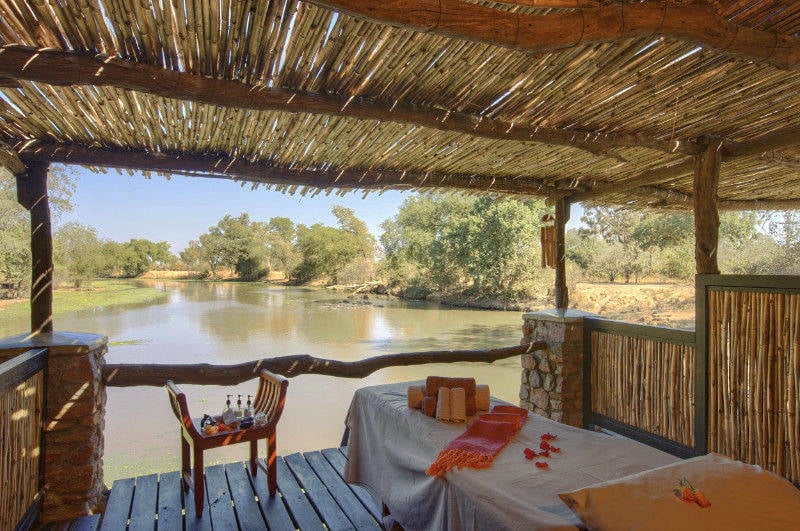
Combining Safari with Wellness
A relaxing holistic wellness treatment is the ideal way to break up an exciting safari! But not to worry, game viewing can even continue at the unique Bush-Spa in South Luangwa.
The setting is dreamy, on a secluded deck next to a lagoon that sees permanent heavy hippo traffic and a wide diversity of other animal visitors. This provides a unique soundtrack to your treatment, with the constant grunt and gurgle of hippo pods given a more musical backing by birdsong and antelope alarm calls. The spa has individual and couples’ treatment rooms, a tub, an open air “bush” shower, all in open-sided compartments that allow you to enjoy the living soundtrack and feel the natural breeze in your hair.
The treatment menu includes all the classic spa staples with a local twist, utilising indigenous African oils and local techniques to offer intriguing options such as a detox Heart of Africa massage, an African Goddess Anti-Ageing Facial and the varied Big Five Pampering Aqua therapy Packages.
The views are hard to beat and the treatments are adapted to suit the surroundings and are not only terrific value for money, but really do leave you feeling revitalised. The Bush-Spa is open daily during daylight hours and "not to be missed" when visiting South Luangwa!
Personal Touch Safaris is proud to be able to offer specific "Safari & Spa" wellness packages, tailor made to your itinerary, combining purely private safaris with guaranteed availability at the unique Bush-Spa of South Luangwa.
Too good to be true! So do check out our Safari & Spa suggestions
More information can be found on the Bush-Spa site
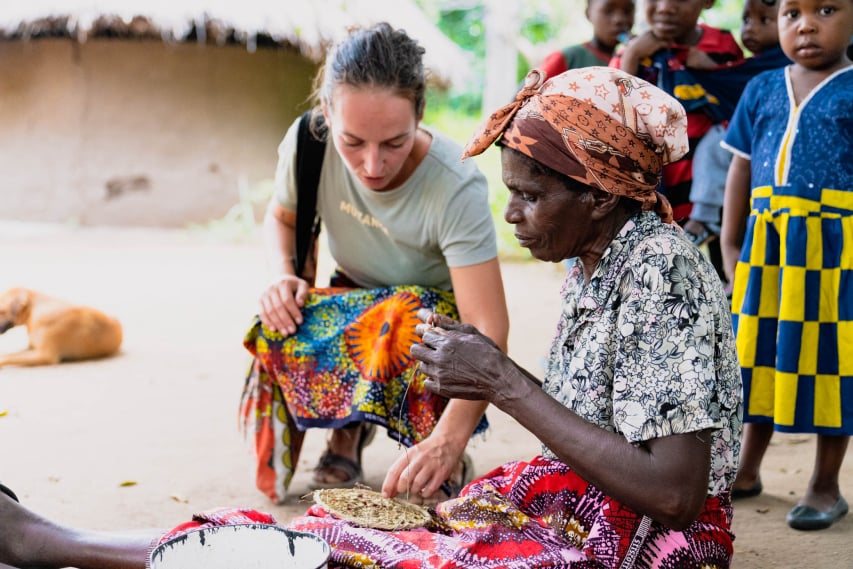
Proud to be offering community visits to experience traditional Kunda life
A genuine chance of experiencing rural Zambian daily life.
The Luangwa Valley is well known for its unique wildlife and the excellent standard of safaris. To date, village trips have been short excursions undertaken between game drives. Muzanga Foundation gives the guest a rare chance to meet with the local people on their terms.
The Valley is the home of the Kunda tribe who migrated from the Luba area in Congo in the first half of the 19th century. The Kundas form a small tribe of about 35,000 people. Traditionally the Kundas were hunters but today the majority live as subsistence farmers. The conditions are tough, with extreme seasons and crop raiding animals. The local communities further away from the park entrance are still living in the very traditional way.
Upon arrival, and depending on what your interests are, a detailed program based on the wishes of the guest is drawn up.
The options may include:
- A walk in the bush, hear about the different flora and their traditional uses
- visiting local institutions (the local church, the clinic)
- spending time with the traditional healer
- interacting with the school children
- and of course join some dancing
However, probably the best way of getting close contact with the people is to take part in the daily life activities. Guests are invited to join the villagers in drawing water, hoeing the field, grinding maize, brewing the local beer or whatever the villagers will be planning for the day.
We are more than happy to add this experience to your itinerary